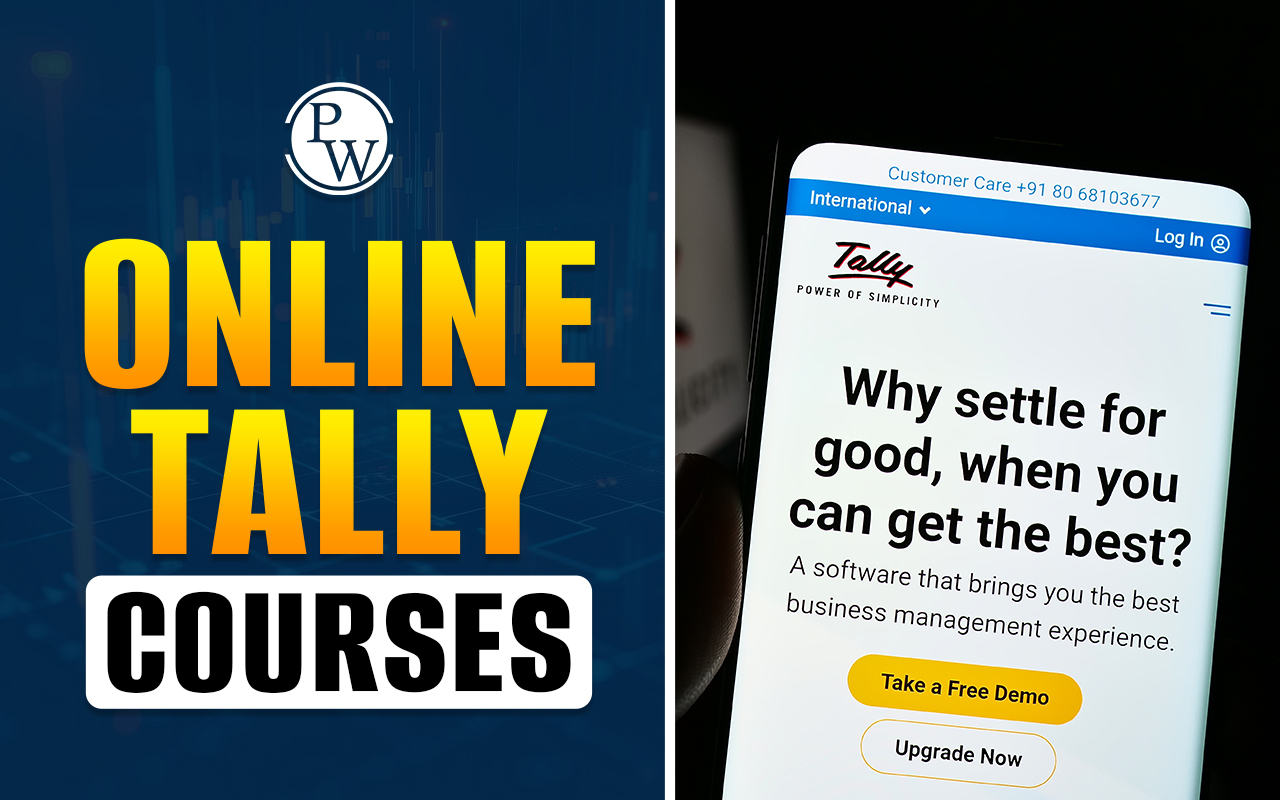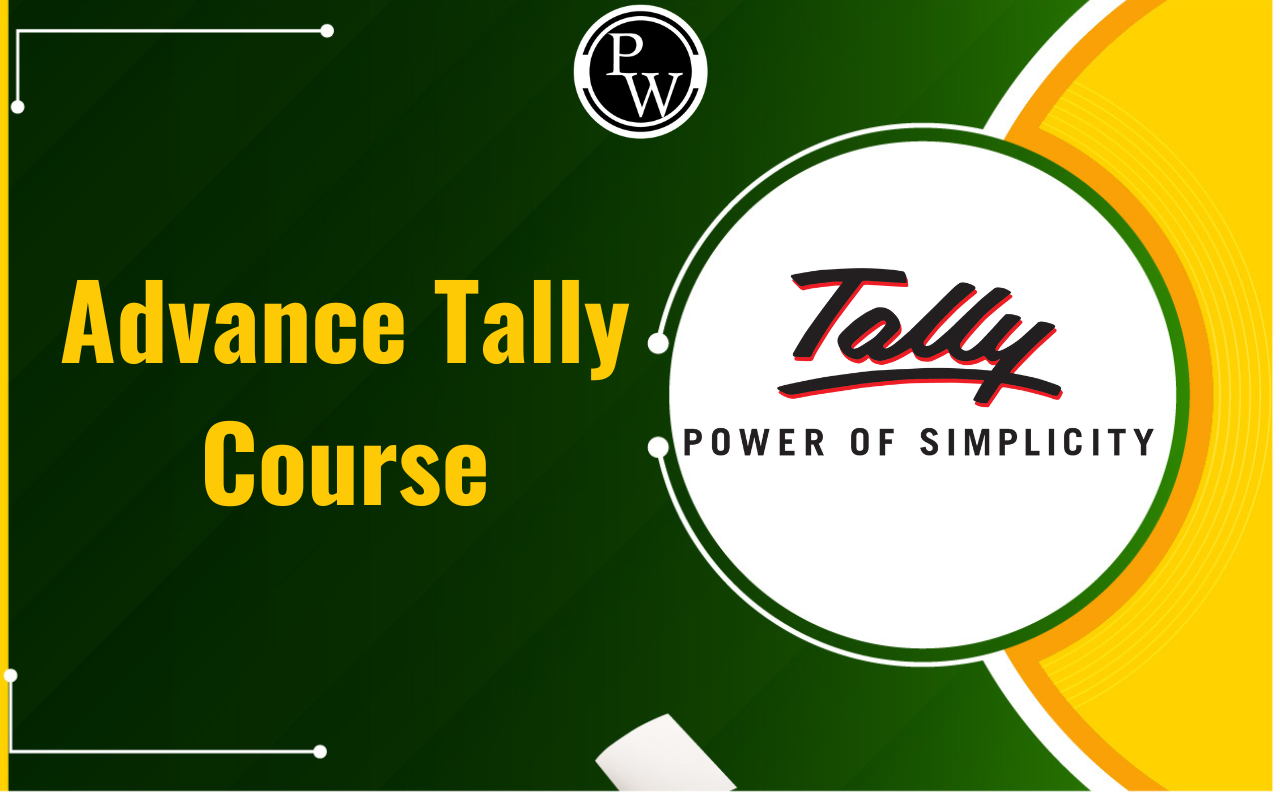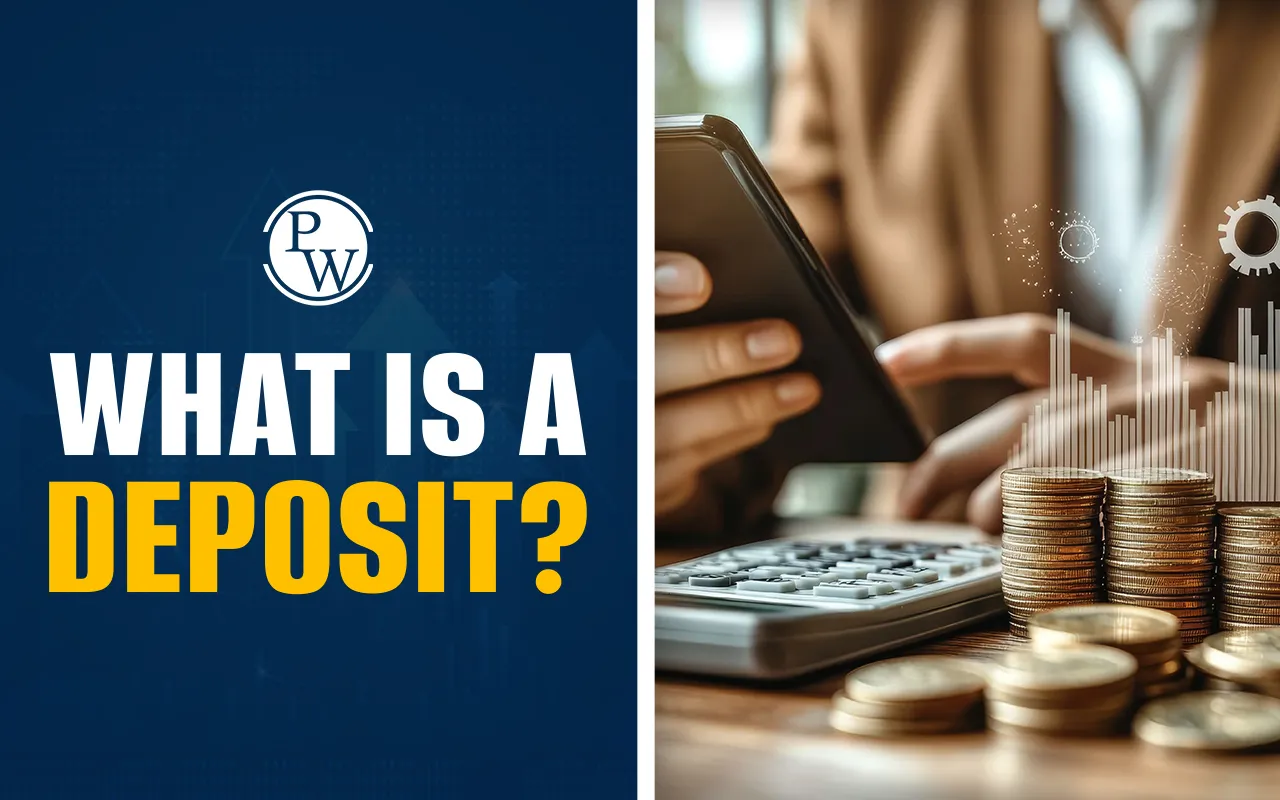
Whether you're preparing for a job interview or looking to hire a qualified professional, understanding the top tax preparer interview questions is essential in 2025. This guide explores commonly asked questions, provides insights into what employers seek, and includes tips for framing effective responses. By the end of this article, you'll gain clarity on how to approach tax preparer interviews with confidence and precision.
Tax Preparer Interview in 2025
Before discussing the most common tax preparer interview questions, it's essential to understand what interviewers are looking for in 2025. The expectations have evolved beyond basic tax form knowledge. Recruiters now seek professionals who can offer sound judgment, maintain compliance, and communicate clearly with a diverse client base. In addition to technical accuracy, the ability to explain complex tax matters in a simplified manner is valued highly.
If you're preparing for an entry-level role, focus on:
-
Understanding different income sources and tax implications
-
Common deductions and credits for individuals and small businesses
-
Recordkeeping practices and filing procedures
-
Familiarity with tax preparation software
-
Communication and client-handling basics
For experienced candidates, interviewers may evaluate your:
-
Ability to navigate complex tax situations
-
Awareness of updated tax regulations and how they apply
-
Experience handling audits or resolving discrepancies
-
Time management during high-volume filing seasons
-
Client advisory and long-term planning capabilities
Read More - How to Become Tax Advisor?
Why Focus on Tax Preparer Interview Questions?
The role of a tax preparer has evolved significantly due to regulatory changes, digitization of records, and increasing taxpayer awareness. Employers today are not just seeking someone who can file returns but professionals who understand tax strategies, customer data analysis, and compliance standards. Hence, tax preparer interview questions often explore both technical knowledge and soft skills.
Common Tax Preparer Interview Questions to Expect in 2025
Here are the top tax preparer interview questions that you may encounter:
1. What credentials do you have that qualify you as a tax preparer?
Recruiters often begin with this foundational question. A strong answer should highlight your certifications, training, and relevant experience in handling tax filings.
2. Why do you believe it is vital for consumers and businesses to maintain tax records for at least the last 10 years?
This question tests your understanding of audit readiness, historical data analysis, and planning for future deductions.
3. How would you assist a client who has overdue tax payments?
A good response will demonstrate your ability to manage risk, communicate with tax authorities, and structure payment plans that are compliant and feasible.
4. Do you recommend that all married couples file their income tax returns together and why?
Here, you should showcase your knowledge of different filing statuses and how each affects deductions, credits, and liabilities.
5. What tax deduction would you recommend for a small business owner?
Tax preparer interview questions like this assess your familiarity with small business tax codes and your ability to identify legitimate deductions.
6. Does the filing status impact potential tax refunds? Please explain.
Candidates must demonstrate that they understand the influence of filing status on refund eligibility, tax rates, and income thresholds.
7. Why is it important to analyze customer data before recommending tax deductions?
This question allows you to explain how personalized strategies can result in accurate filings and maximized benefits while staying compliant.
8. How do you build confidence in a new client?
Beyond tax knowledge, employers value interpersonal skills. Responses should focus on communication, reliability, and transparency.
9. How do you ensure you have up-to-date knowledge on tax regulations?
This is a crucial topic in 2025. Mention your continuous learning efforts through seminars, official publications, or membership in professional tax bodies.
10. To increase the tax refund effectively, name three key areas of customer data you need to know about.
Effective answers may include income details, deductible expenses, and filing status—each of which impacts the final tax outcome.
Read More - Consumption Tax, Definition, Types & Advantages
11. You’ve made a mistake in the calculation of liabilities for an important client. How do you handle it?
Interviewers look for integrity and problem-solving. Describe your process for identifying, correcting, and transparently communicating errors.
12. Describe your approach to filing tax returns accurately.
Here you can detail your workflow, tools, and review processes that help ensure compliance and precision.
Advanced Tax Preparer Interview Questions and Answers
As the profession demands a balance of analytical and customer service skills, be ready for scenario-based questions. Below are more tax preparer interview questions and answers to prepare for:
Q: Tell me about your research experience in analyzing customer data.
A: I regularly assess my clients’ financial statements, expense logs, and previous tax returns to identify potential deductions and red flags. Using tax software, I cross-verify entries and conduct simulations to determine the best filing strategies.
Q: Maintaining our reputation for accurate tax assistance is important to us. What is your strategy for maintaining and improving your accuracy?
A: I prioritize checklists and double-verification methods, and I continuously upgrade my knowledge through tax law updates. Before submission, I run each return through compliance software to flag any inconsistencies.
Q: As a tax preparer, how do you manage your time?
A: I use a project management tool to schedule tasks by deadline and complexity. During peak season, I allocate buffer time for urgent filings and client consultations to ensure all returns are filed accurately and on time.
Q: Describe a recent project in which you added value in your role as a tax preparer.
A: Last year, I worked with a self-employed client who had minimal recordkeeping. I helped them structure their expenses, identify overlooked deductions, and develop a recordkeeping system that increased their tax refund the following year.
Q: Tell me about a personal trait that increases your efficiency.
A: I am highly detail-oriented, which allows me to catch errors early and ensure accuracy in every step of the tax preparation process.
Interview Questions for Tax Preparer Candidates: Employer Perspective
If you're hiring, tax preparer interview questions can reveal more than just technical capability. They help identify candidates who:
-
Prioritize compliance
-
Communicate effectively with clients
-
Adapt to updated tax legislation
-
Bring strategies for growing the client base
One of the most insightful questions is: "We want to increase our client base. What would your strategy be to do so?" An ideal candidate might suggest targeted outreach, customer satisfaction incentives, and transparent service offerings.
Tax preparer interview questions are essential tools for both applicants and employers to assess skill sets, alignment with organizational goals, and readiness for evolving responsibilities in 2025. Whether you're a seasoned preparer or a hiring manager, preparing for these tax preparer interview questions with thorough research and clear communication can significantly influence your success.
To ensure you stand out, revisit common and advanced tax preparer interview questions and answers, align your responses with the current tax environment, and demonstrate both expertise and empathy. By doing so, you're more likely to build trust, land the role, or onboard the right professional.
Build Your Career with a Certificate Program in Finance,Accounting and Taxation
The objective of the PW Finance, Tax, and Accounting Course is to provide you with the skills, information, and practical experience you need to succeed in the field of accounting. This four-month hybrid program, taught on weekdays in recorded and live lectures, contains practical case studies guided by PwC India.
FAQ
What are the most common tax preparer interview questions in 2025?
How should I prepare for a tax preparer interview in 2025?
What do employers expect in tax preparer interviews today?
Are there different interview questions for entry-level and experienced tax preparers?
Where can I find tax preparer interview questions and answers for practice?










